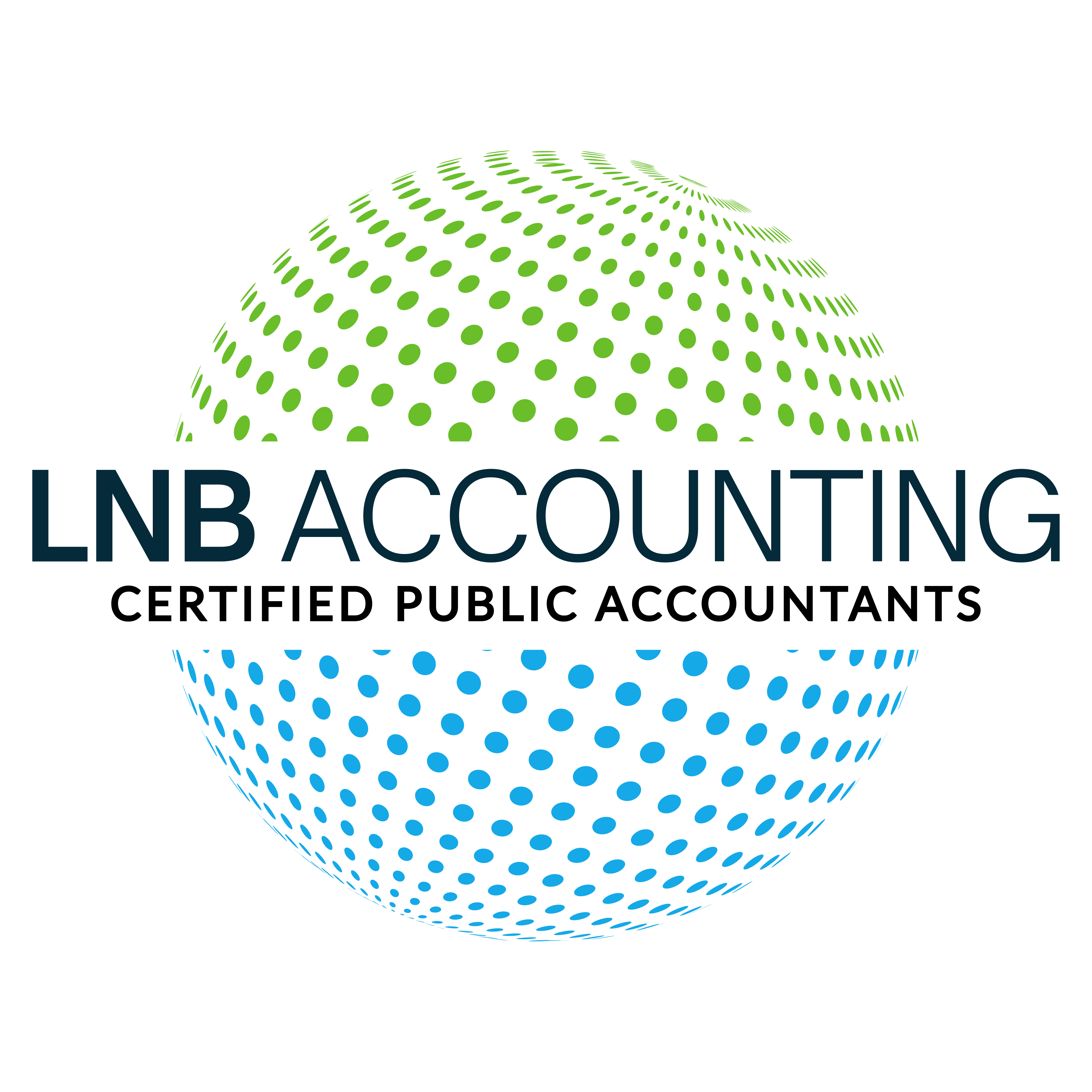The world of venture capital represents one of the most dynamic forces driving innovation in our modern economy. Behind every groundbreaking startup that transforms an industry, you’ll often find a venture capital investment fund that provided not just crucial capital, but also strategic guidance and industry connections. For entrepreneurs with ambitious visions and investors seeking high-growth opportunities, understanding the mechanics of venture capital is essential.
Venture capital isn’t just funding. It’s rocket fuel for businesses with exponential potential. But how exactly do these specialized investment vehicles work? What separates them from other funding models like private equity? In such a complicated environment, how can entrepreneurs and investors accomplish their objectives?
This guide looks into venture capital investment funds, unpacking their structure, operations, and the critical differences that set them apart from private equity and other investment approaches.

Private Equity Funds
Private equity funds are a cornerstone of the alternative investment landscape, but they differ significantly from venture capital funds in their focus, structure, and risk profile.
Investment Approach and Strategy
Private equity funds primarily focus on acquiring established companies with predictable cash flows. Their main strategies include:
- Leveraged Buyouts (LBOs): Acquiring companies using a mix of equity and significant debt.
- Growth Capital: Funding mature companies for expansion or restructuring.
- Distressed Investing: Turning around companies in financial trouble.
- Special Situations: Investing in companies undergoing major transformations, such as mergers or spin-offs.
Fund Sizes and Investment Amounts
Private equity funds usually manage much larger pools of capital than venture capital funds. Major private equity firms often raise funds in the billions, allowing them to make investments that can exceed $1 billion per deal.
Valuation Methods
Private equity investors use traditional valuation methods, such as:
- EBITDA multiples
- Discounted cash flow (DCF) analysis
- Comparable company analysis
- Precedent transactions
These approaches reflect the more established nature of their target companies.
Exit Strategies
Common private equity exits include:
- Strategic sales to larger corporations
- Secondary buyouts (selling to another private equity firm)
- Initial public offerings (IPOs)
- Recapitalizations
The holding period for private equity investments is usually 3–7 years.
Venture Capital Fund Structure
Venture capital funds operate within a specific legal and organizational framework designed to align the interests of investors and fund managers.
Limited Partnership Structure
Most venture capital investment funds are structured as limited partnerships (LPs):
- General Partners (GPs): Manage the fund, make investment decisions, and work closely with portfolio companies. GPs usually contribute 1–5% of the fund’s capital.
- Limited Partners (LPs): Institutional and individual investors who provide the bulk of the capital, such as pension funds, endowments, and high-net-worth individuals.
This structure protects LPs from liability beyond their committed capital while giving GPs control over investments.
Management Fees and Carried Interest
- Management Fees: Usually 2% of committed capital during the investment period, covering operating expenses.
- Carried Interest: GPs receive about 20% of the fund’s profits after returning the original capital to LPs, aligning incentives for strong performance.
Fund Lifecycle
A typical VC fund operates on a 10-year lifecycle:
IRS
- Fundraising: GPs secure commitments from LPs.
- Investment Period: The first 3–5 years, during which the fund invests in startups.
- Harvest Period: Managing and exiting investments.
- Extensions: Optional 1–2 year extensions if needed.
Legal and Governance Frameworks
The Limited Partnership Agreement (LPA) governs the relationship between GPs and LPs, covering:
- Fund size and strategy
- Fee structures
- Investment restrictions
- Reporting requirements
- Key person provisions
LPs receive regular reports and annual audited financial statements, maintaining transparency.
How To Obtain Venture Capital Funding
Securing venture capital funding is a competitive process, but understanding the steps can improve your chances.
1. Build a Scalable Business Model
VCs look for startups with the potential for rapid growth and large market opportunities. Your business should have:
- A compelling value proposition
- Scalable technology or product
- Strong founding team
2. Prepare a Solid Pitch
A successful pitch should include:
- Market analysis
- Business model and revenue streams
- Go-to-market strategy
- Financial projections
- Team bios
3. Network and Make Connections
Most VC deals come through warm introductions. Network with:
- Startup accelerators and incubators
- Industry events and pitch competitions
- Angel investors and mentors
4. Target the Right Funds
Research VC funds that invest in your sector and stage. Tailor your outreach to their investment thesis.
5. Due Diligence and Term Sheets
If a VC is interested, they’ll conduct due diligence on your company. Be prepared to provide detailed financials, legal documents, and customer references. If successful, you’ll negotiate a term sheet outlining investment terms.
6. Closing the Deal
Once terms are agreed, legal documents are finalized and funds are transferred. VCs often take a board seat and become actively involved in your company’s growth.
Venture Capital Funding Stages
Venture capital funding is generally divided into several stages, each with its own characteristics and investor expectations.
Seed Capital
- Stage: Pre-revenue or minimal revenue
- Investment Size: $250,000–$2 million
- Focus: Product development, market validation
- Risk: Highest risk, but potential for highest returns
Early-Stage Venture Capital (Series A & B)
- Stage: Post-product development, early customer traction
- Investment Size: $2 million–$15 million
- Focus: Scaling operations, team building
- Risk: High, but more validation than seed stage
Growth and Late-Stage Venture Capital (Series C and Beyond)
- Stage: Significant revenue, clear path to profitability
- Investment Size: $15 million–$100+ million
- Focus: Market dominance, international expansion, preparing for exit
- Risk: Moderate, more focused on execution
Bridge and Mezzanine Rounds
- Purpose: Bridge rounds help companies reach the next milestone or prepare for an IPO/acquisition.
- Investment Size: Varies, often larger than previous rounds.
Venture Capital Fund Returns
Venture capital is a high-risk, high-reward asset class. Understanding how returns are generated and measured is crucial for both investors and entrepreneurs.
Risk and Reward Profile
- High Failure Rate: Approximately 75% of venture-backed startups fail to return capital.
- Power Law Returns: A few successful investments can generate 10–100x returns, driving overall fund performance.
- Fund Performance: Top-performing funds may deliver annualized returns of 20% or more, but many funds underperform public markets.
Measuring Returns
- Internal Rate of Return (IRR): The most common metric for VC fund performance, reflecting the annualized effective compounded return rate.
- Multiple on Invested Capital (MOIC): Measures how many times the original investment has been returned.
Exit Strategies
VC funds realize returns primarily through:
- Initial Public Offerings (IPOs)
- Acquisitions
- Secondary Sales
Exits typically occur 5–10 years after the initial investment.
Types Of Venture Capital
The venture capital landscape is diverse, with funds specializing in different stages, sectors, and geographies.
By Investment Stage
- Seed Funds: Focus on the earliest stage, highest risk investments.
- Early-Stage Funds: Invest in companies with initial traction.
- Growth/Late-Stage Funds: Target mature startups scaling rapidly.
By Sector
- Technology VC: Software, AI, fintech, and more.
- Life Sciences/Healthcare VC: Biotech, medical devices, digital health.
- Clean Energy VC: Renewable energy, sustainability tech.
- Consumer VC: E-commerce, consumer products.
By Geography
- Regional Funds: Focus on specific cities, states, or countries.
- Global Funds: Invest across multiple regions.
Corporate Venture Capital (CVC)
- CVC Funds: Run by large corporations to invest strategically in startups aligned with their business interests.
Venture capital investment funds are powerful vehicles for fueling innovation and driving economic growth. While they differ from private equity funds in their focus, structure, and risk profile, both play essential roles in the broader investment ecosystem.
For entrepreneurs, understanding how to secure venture capital funding-and at which stage-is critical for scaling a high-growth business. For investors, venture capital offers the potential for outsized returns, albeit with significant risk.
By mastering the fundamentals of venture capital fund structure, funding stages, and return dynamics, both startups and investors can better navigate this exciting and dynamic landscape.
Ready to learn more about the financial controls and transparency required for venture capital and private equity funds? Visit our audit and assurance page for expert insights.
If you have questions about venture capital fund structures or need accounting guidance for your startup, contact us for professional assistance.
FAQs
What is a venture capital investment fund?
A venture capital investment fund pools money from investors to invest in early-stage, high-growth startups in exchange for equity.
How are private equity funds different from venture capital funds?
Private equity funds invest in mature companies and often take control, while venture capital funds back startups and typically take minority stakes.
What is the typical structure of a venture capital fund?
Most VC funds are limited partnerships managed by general partners (GPs) with capital provided by limited partners (LPs).
How can a startup obtain venture capital funding?
Startups should build a scalable business, create a compelling pitch, network for introductions, and approach VCs that invest in their sector and stage.
How do venture capital funds generate returns?
VC funds aim for high returns by backing a few startups that achieve significant exits through IPOs or acquisitions, compensating for others that may fail.
What types of venture capital funds exist?
There are seed funds, early-stage funds, growth/later-stage funds, industry-specific funds, and corporate venture capital arms.
What is carried interest in a VC fund?
Carried interest is the share of profits (usually 20%) that fund managers receive if the fund performs well.
How long do venture capital funds typically last?
Most VC funds operate on a 10-year cycle, with the first few years for investing and the remainder for managing and exiting investments.




